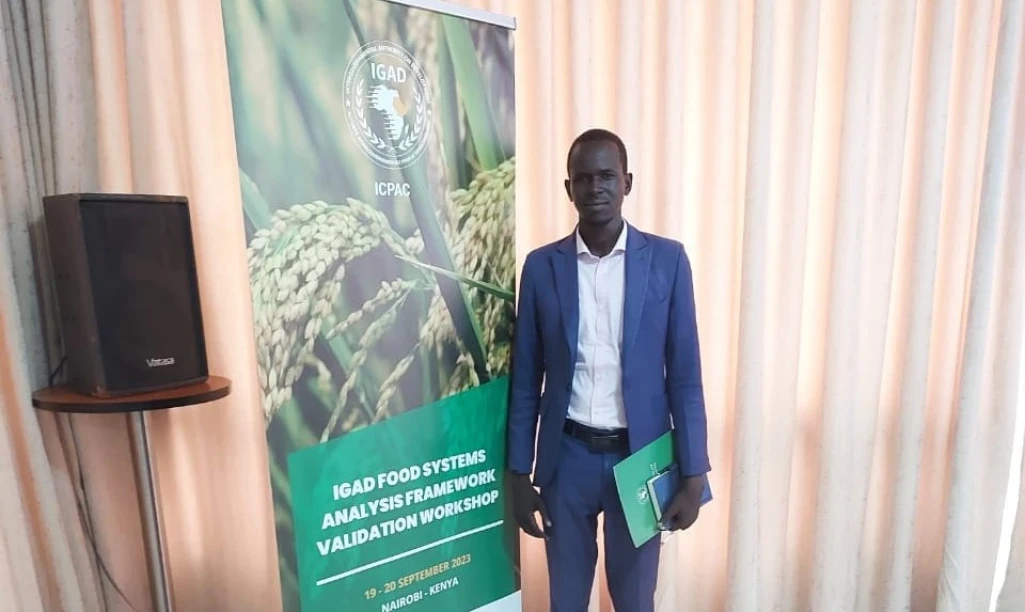
Northern Bahr el Ghazal State high Court has sentenced the state youth union chairperson to one month in prison and ordered him to pay SSP50,000 fine.
The chairperson, Tito Awen Bol, was arrested by the police during the annual youth union finance reviews meeting at a hotel in Aweil on Tuesday morning.
He was arrested together with two members of the union – Gar Deng Gar and Alom Atak – while they were both in the meeting room, the deputy youth spokesperson Deng Atuop Deng said.
According to Deng, they were ordered to close the meeting by the police without any clear explanation.
On Wednesday morning, Tito Awen was taken to the court after a police officer, Wilson Diing Aher, filed the case against the youth leader for allegedly assaulting him during the arrest.
The other two members of the union Gar Deng Gar and Alom Atak were released without charges.
The Presiding Judge, Deng Tong, found Awen guilty of violating 3 articles in the South Sudan transitional constitution.
The articles are 86, for conducting meeting illegally; and 177, for causing public noise; and 121, for attacking police officer.
However, Tito Awen’s defense lawyer Bullis Nguak disputed the charges labeled against his client.
“I’m not convinced with the ruling, and we have the right to appeal the decision of the court,” he told Akol Yam FM. “These are some of the processes we are working on. We accepted a fine of 50,000 SSP, but we didn’t accept the 1-month jail term.”
Nguak disclosed that a criminal form is being worked on to secure his client for treatment, saying he was injured while defending himself during the aribrary arrest.
Since last year there are a lot of misunderstandings among the youth union leadership.
In August 2023, Awen was suspended over alleged corruption by the councilors – an allegation he described as unconstitutional.
Akol Yam FM’s efforts to reach the plaintiff for comment were not immediately successful.
Generally the Kiir administration restricts freedom of assembly, despite commitments made in the interim constitution. It stipulates that:
“The right to peaceful assembly is recognized and guaranteed; every person shall have the right to freedom of association with others, including the right to form or join political parties, associations and trade or professional unions for the protection of his or her interests.”
But in practice, organizers must seek NSS permission to hold public meetings.